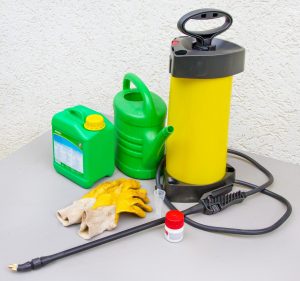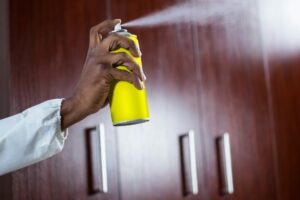Pesticides and manure
In addition to the desired effect on pest and weed, pesticides are frequently toxic for other plants, animals and the human being as well. In particular older products frequently contain highly dangerous substances for health, but even environment friendly substances may be harmful and destroy the natural balance between plants, beneficial animals and pest. Inappropriately disposed of animal corpses are dangerous for the human being and the environment. Products against voles based phosphides should not come into contact with water (danger of ignition and explosion).
Ask your reseller or organisms for the protection of the environment about alternative preparations or methods. Only use as much manure and pesticides as is absolutely necessary. Use organic manure as for instance compost or horse manure and proceed to an analysis of the soil quality to assess the needs for manure.
You can find valuable information in the context of the campaign “without pesticides” on www.ounipestiziden.lu.
Pesticides and manure, which are no longer used, undergo heat treatment in appropriate installations.
IMPORTANT ! Do not throw pesticides and fertilizers into the waste, toilet or sink! Do not mix or burn !
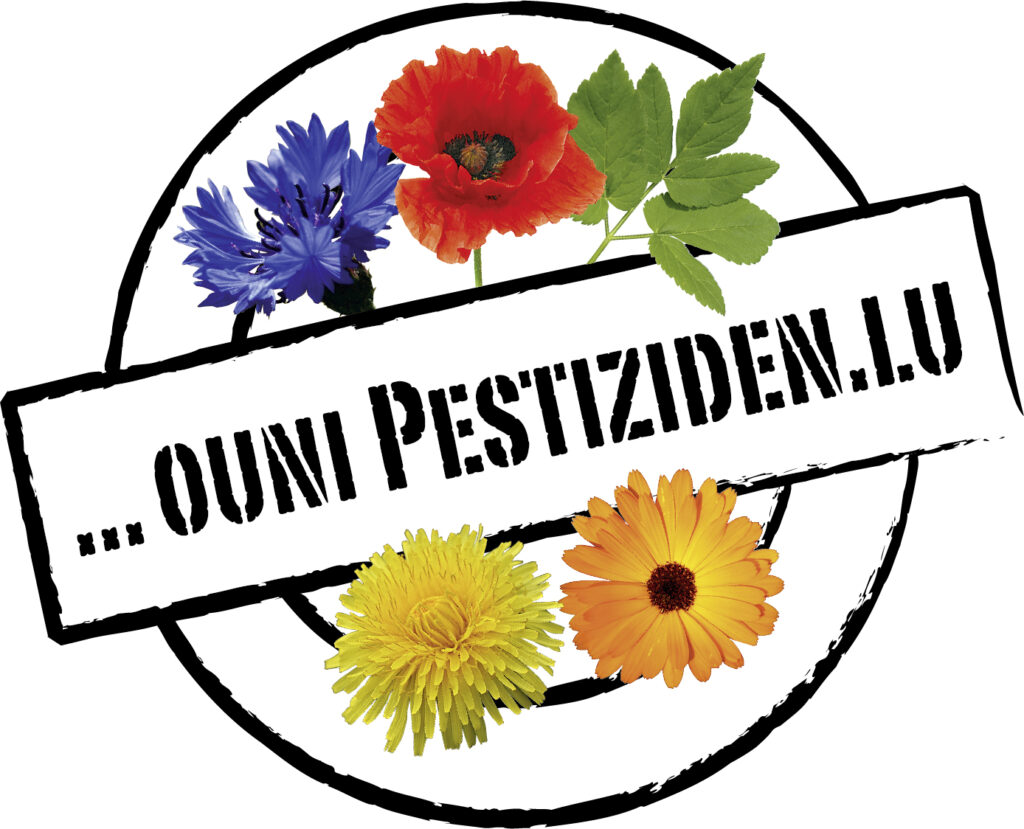
Detailed information on pesticides and alternatives can be found on the website: www.ounipestiziden.lu.
Important danger warnings
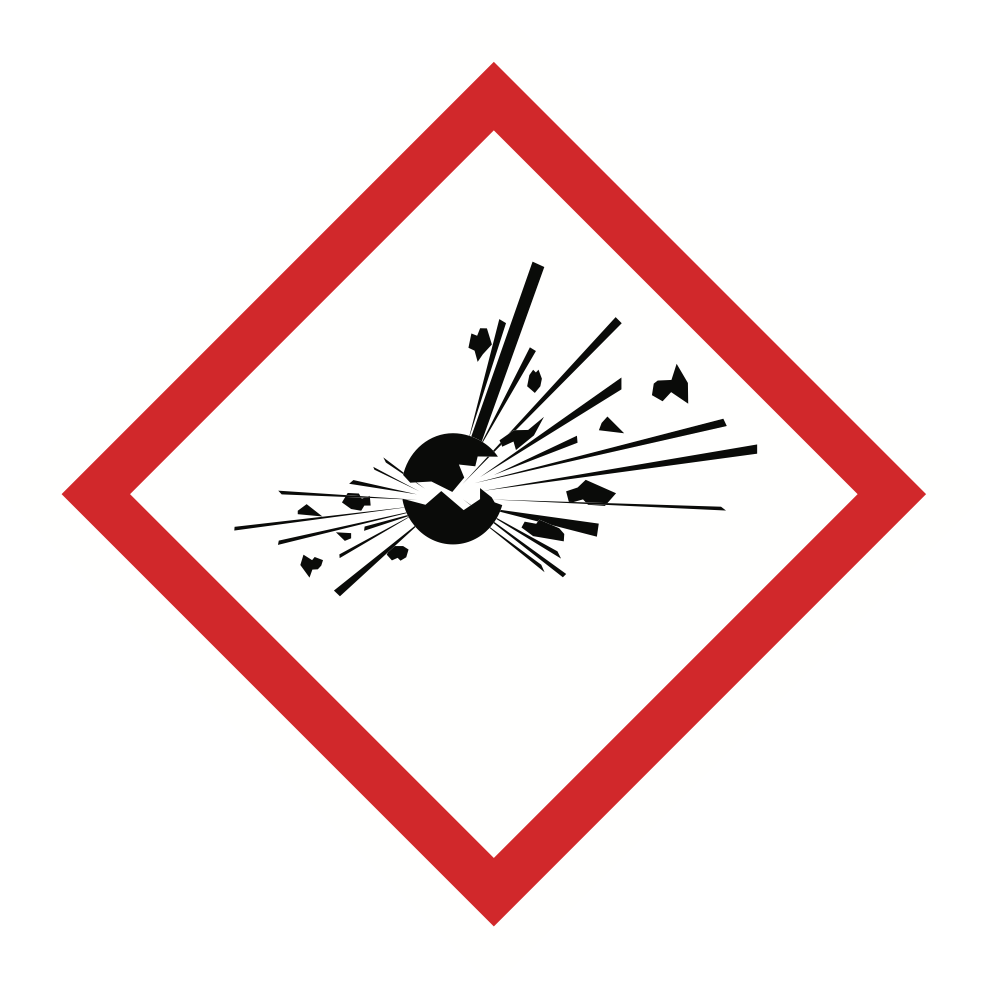
The explosion cloud for danger of explosion
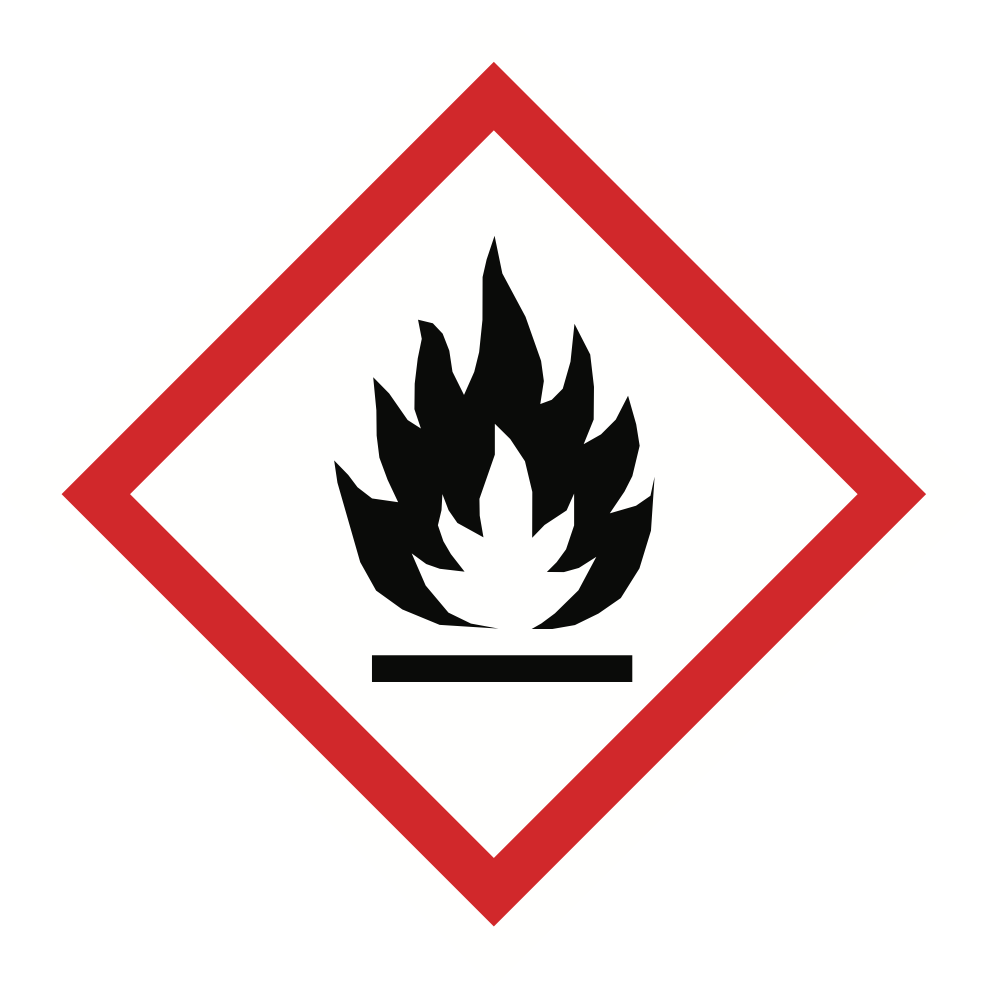
The flame for inflammable or fire spreading solids, liquids and gases
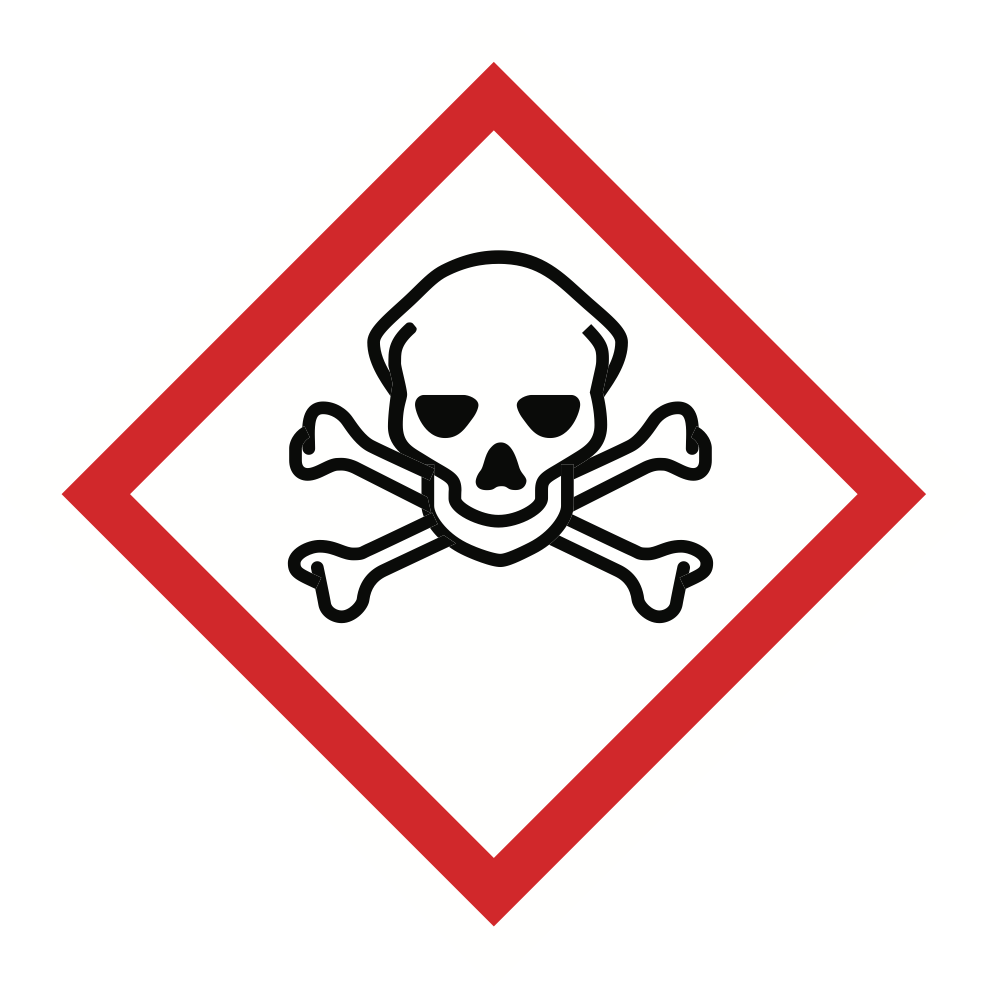
The skull for toxic products
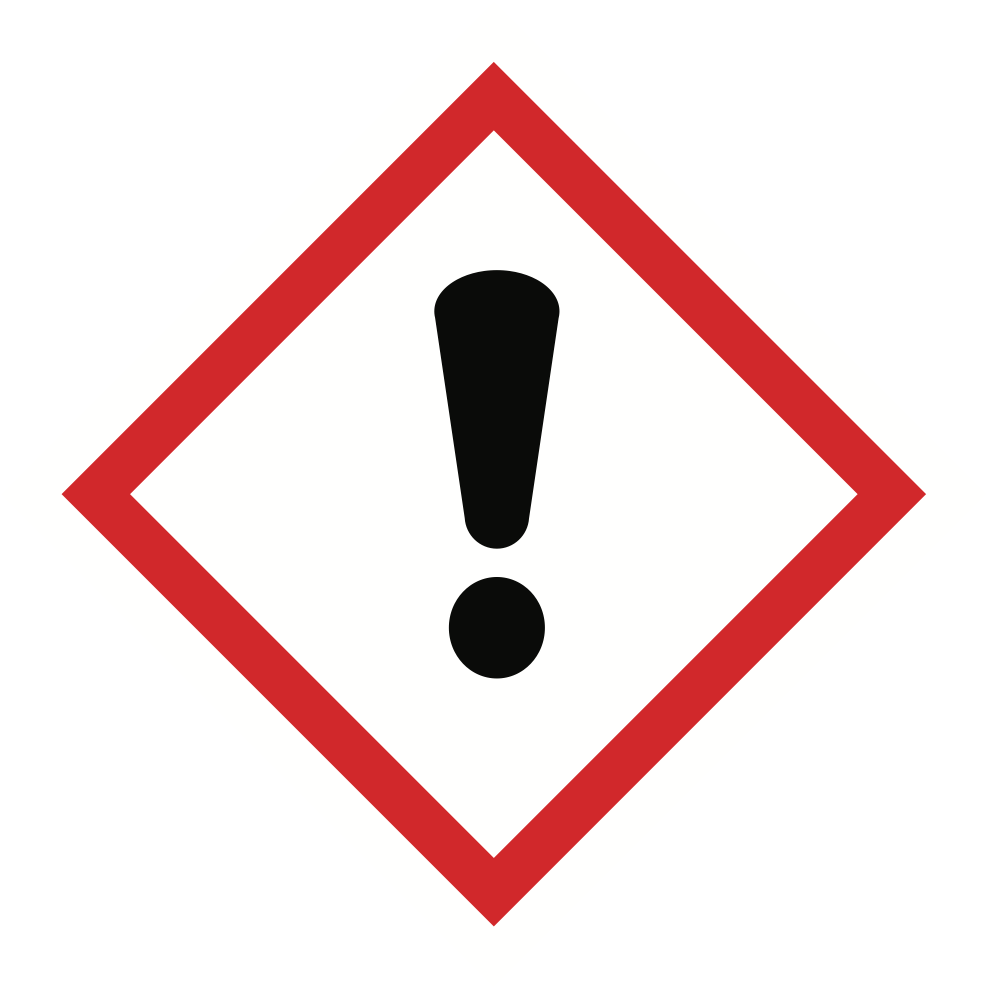
The exclamation mark for irritating substances (e.g. irritating the respiratory system)
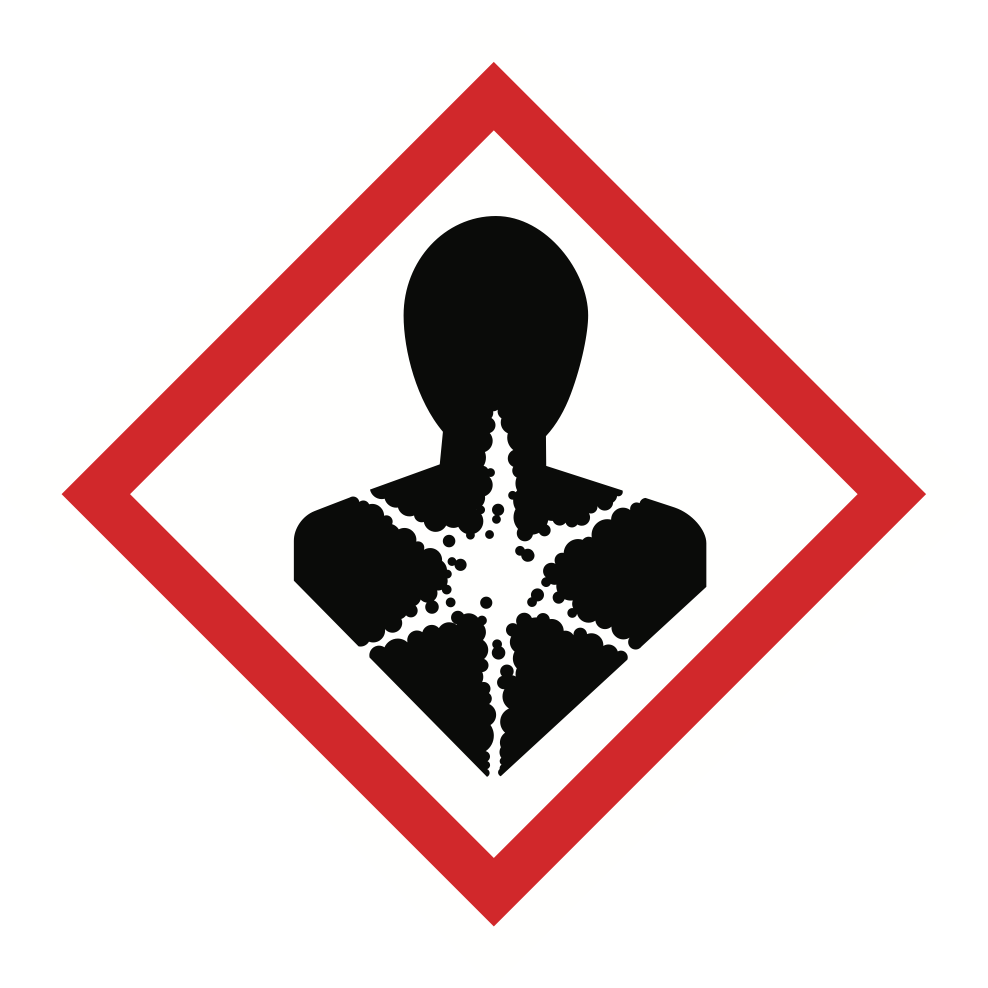
The body figure for substances very dangerous for health (e.g. cancerous)

Pesticides and manure
In addition to the desired effect on pest and weed, pesticides are frequently toxic for other plants, animals and the human being as well. In particular older products frequently contain highly dangerous substances for health, but even environment friendly substances may be harmful and destroy the natural balance between plants, beneficial animals and pest. Inappropriately disposed of animal corpses are dangerous for the human being and the environment. Products against voles based phosphides should not come into contact with water (danger of ignition and explosion).
Ask your reseller or organisms for the protection of the environment about alternative preparations or methods. Only use as much manure and pesticides as is absolutely necessary. Use organic manure as for instance compost or horse manure and proceed to an analysis of the soil quality to assess the needs for manure.
You can find valuable information in the context of the campaign “without pesticides” on www.ounipestiziden.lu.
Pesticides and manure, which are no longer used, undergo heat treatment in appropriate installations.
IMPORTANT ! Do not throw pesticides and fertilizers into the waste, toilet or sink! Do not mix or burn !

Detailed information on pesticides and alternatives can be found on the website: www.ounipestiziden.lu.







